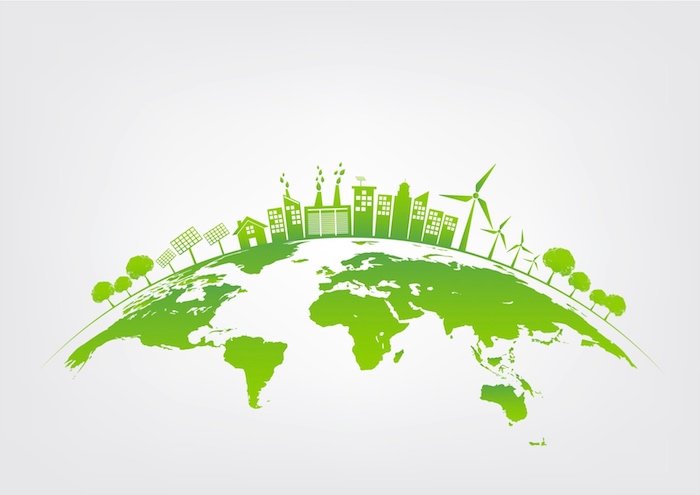In line with its larger sustainability objective and efforts to reduce greenhouse gas emissions in the supply chain, Tata Steel has signed a Memorandum of Understanding (MoU) with Mitsui O.S.K. Lines (MOL), a global marine transport group, on August 6, 2021, to develop and deploy environment-friendly shipping solutions.
Tata Steel Group is among the top global steel companies with an annual crude steel capacity of 34 million tonnes per annum. It is one of the world’s most geographically diversified steel producers, with operations and commercial presence across the world. The group recorded a consolidated turnover of US $21.06 billion in the financial year ending March 31, 2021.
Mitsui O.S.K. Lines, Ltd. (MOL), as a global marine transport group, operates a global fleet exceeding 700 vessels, including tankers, bulkers, car carriers, ferries, which also extends to offshore projects. Under the MOL Group Environmental Vision 2.1 announced in June 2021, MOL clarified its commitment to achieving net-zero GHG emissions by 2050 through collective efforts with all capabilities within the group.
Peeyush Gupta, Vice President, Supply Chain, Tata Steel, said, “The objective of the agreement is to reduce greenhouse gas (GHG) emissions in the ocean transportation of raw materials for production of steel. In the initial stage, the partnership will explore the environmental benefits and commercial and operational feasibilities of various technologies. This will include the “Wind Challenger”, a hard sail, which would reduce emissions by harnessing wind energy. MOL has been jointly studying the technology with cross-industrial partners and the first vessel to be equipped with the Wind Challenger is slated to start operation in 2022.”
This concept of responsible supply chains integrates environmental, social (including human and labor rights), and good governance factors into the lifecycles of goods and services. Socially responsible supply chain management can help create, protect, and grow long-term environmental, social, and economic value for stakeholders along a company’s value chain. By implementing socially responsible supply chain practices, companies can protect the long-term viability of their business and secure a social license to operate.
Ranjan Sinha, Chief Group Shipping and Director RM Procurement of Tata Steel, said, “Tata Steel as a member of ResponsibleSteelTM is committed to aligning its shipping activities with responsible environmental behaviour. We are pleased to be joining hands with MOL, a reputed global marine transport company, in combining efforts towards sustainable shipping.”
The UNGP asserts that companies have a responsibility to protect human rights along all phases of their value chain, inclusive of manufacturing and outsourced supply chains. Between public opinion, investor pressures, and global regulations, corporations have many reasons to embrace new socially responsible supply chain tools.
Toshiaki Tanaka, Senior Managing Executive Officer and Chief Environment and Sustainability Officer, MOL, said, “We have recently established MOL Group Environmental Vision 2.1, wherein we have announced that MOL Group will make a concerted effort throughout the Group, to achieve net-zero GHG emissions by 2050. There would be a long, long pathway to achieve Vision 2.1, and we believe that working collaboratively with a good partner is important. The partnership with Tata Steel, a leading global steel company, encourages MOL to challenge goals for Vision 2.1. We are very much happy to have this opportunity.”
(India CSR/August 24, 2021)






















